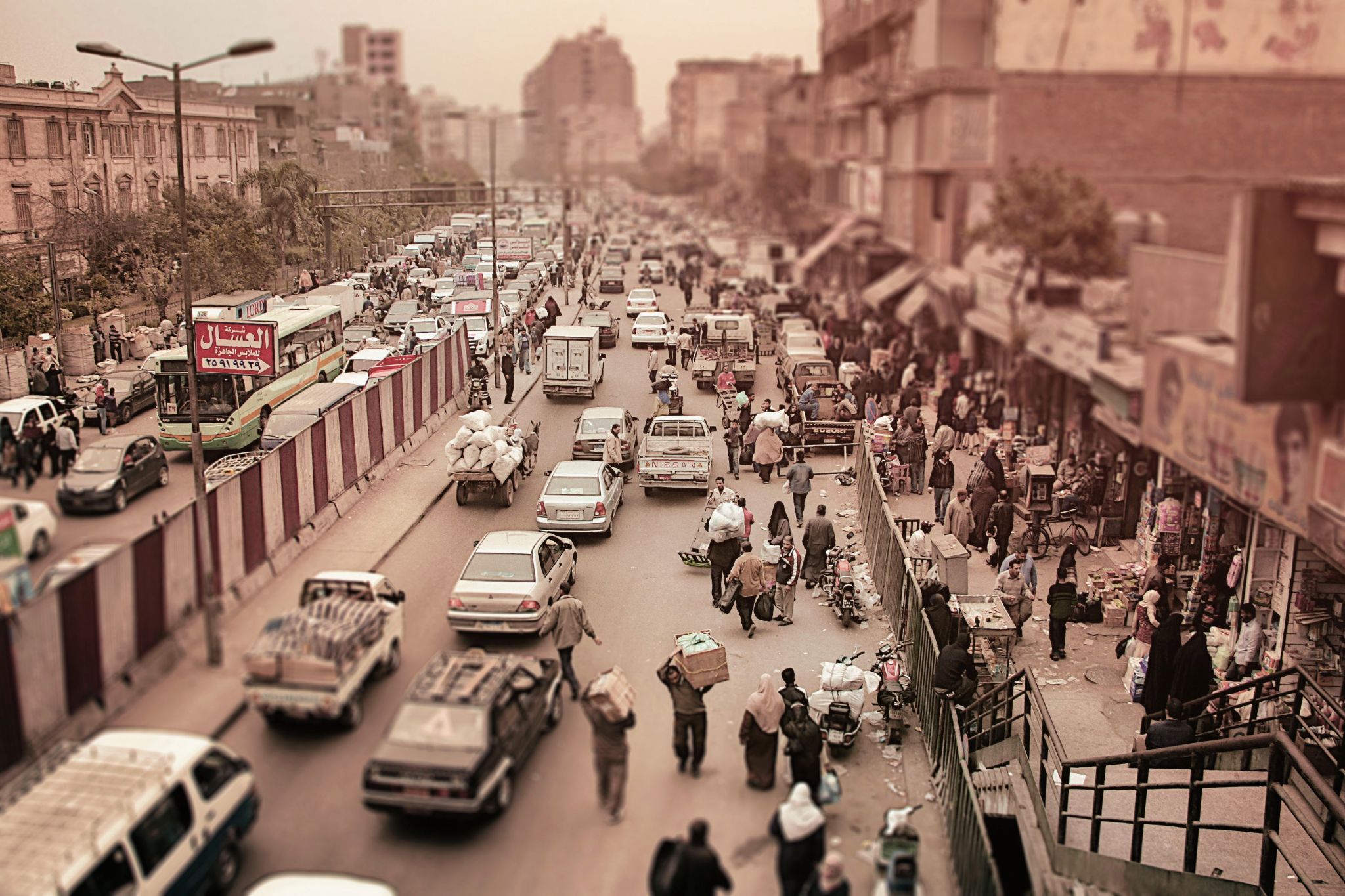The global pandemic has highlighted the critical importance of a robust and resilient health system in every country. In Africa, the healthcare sector has long been struggling with challenges such as inadequate funding, poor infrastructure, and an acute shortage of medical professionals. In recent times, the situation has been compounded by the Covid-19 outbreak, which has put a tremendous strain on already overburdened healthcare facilities.
In this context, the decision by the French government to introduce a “medical talent visa” has sparked concerns about the potential negative impact on the African health system. The visa program is aimed at attracting medical professionals from other countries to work in France, thereby addressing the shortage of doctors and nurses in the country. However, many experts argue that the program could have unintended consequences for African countries, which are already struggling with a severe shortage of healthcare workers.
The fear is that the visa program could incentivize doctors and nurses from African countries to migrate to France, exacerbating the brain drain that has been plaguing the continent for decades. African countries have been losing their skilled professionals to developed countries for many years, causing a significant drain on their economies and leaving their health systems in shambles. According to the World Health Organization, there are only 2.3 doctors per 1,000 people in sub-Saharan Africa, compared to an average of 15 doctors per 1,000 people in the European Union.
The concern is not unfounded. Many African doctors and nurses are attracted to developed countries like France because of the better working conditions and higher salaries offered there. The exodus of medical professionals from Africa to Europe and North America has been a major challenge for the continent, and the “medical talent visa” program could make the situation worse.
Côte d’Ivoire, a West African country, has been taking significant steps towards improving its healthcare system for several years now. The government’s proactive measures to enhance the healthcare infrastructure and services have gained more significance with the onset of the coronavirus pandemic. The country has been striving to improve its healthcare infrastructure, and the efforts have been commendable.
In 2017, the Ivorian government launched a massive program to construct 22 health infrastructures and repair 20 others across the country. The government allocated a substantial amount of 887 billion CFA francs (1.35 billion euros) to finance this initiative. The program aimed to provide better healthcare services and facilities to the population and increase access to quality medical care.
The construction of these health facilities is a significant step towards improving the overall healthcare infrastructure in the country. The government’s investment in the healthcare sector will not only help in mitigating the effects of the COVID-19 pandemic but also address the long-standing healthcare challenges faced by the Ivorian population.
Furthermore, in 2019, the Ivorian government initiated the construction of the University of Bondoukou, equipped with a faculty of medicine and a university hospital center (CHU). The infrastructure is expected to begin operating in 2023, providing the necessary infrastructure to train future healthcare professionals, including doctors, nurses, and other healthcare workers.
The establishment of the University of Bondoukou and the CHU is a significant achievement towards enhancing the healthcare infrastructure in Côte d’Ivoire. It is expected to provide advanced medical care, develop medical research, and help in addressing the chronic shortage of medical professionals in the country.
It is essential to note that the Ivorian government’s proactive steps to enhance the healthcare infrastructure have come at a time when the world is grappling with the COVID-19 pandemic. The pandemic has exposed the vulnerabilities in healthcare infrastructure worldwide, making it clear that countries need to prioritize healthcare investments.
Brain drain, a phenomenon in which highly skilled professionals, including doctors, leave their home countries to work abroad, has been a persistent problem in many West African countries. The exodus of healthcare professionals from these countries has had a severe impact on their healthcare systems, leading to a shortage of medical personnel, inadequate medical facilities, and poor health outcomes. Several West African countries are facing this problem, but what are they waiting for to stop this brain drain?
One of the significant reasons for the brain drain of medical professionals is the lack of adequate incentives and support for healthcare professionals. In many West African countries, doctors are not paid well, and they work in poor conditions, often without basic equipment and supplies. Moreover, the lack of opportunities for professional growth and development, including access to training and research, also pushes healthcare professionals to seek better opportunities elsewhere.
Another reason for the brain drain is the political instability and insecurity prevalent in many West African countries. Many healthcare professionals fear for their safety and that of their families, leading them to seek opportunities elsewhere. The absence of a stable political and economic environment, coupled with inadequate healthcare infrastructure, also discourages healthcare professionals from staying in their home countries.
To address the brain drain of healthcare professionals, West African countries must prioritize the healthcare sector and invest in better working conditions and incentives for healthcare professionals. Providing better salaries and benefits, improving working conditions, and ensuring access to training and research opportunities can help retain healthcare professionals in their home countries.
Additionally, addressing the political instability and insecurity in these countries is critical. This includes improving governance, addressing corruption, and creating a more stable and secure environment that encourages healthcare professionals to remain in their home countries.
In conclusion, the brain drain of healthcare professionals is a significant challenge for many West African countries. To address this challenge, these countries must prioritize the healthcare sector and invest in better working conditions and incentives for healthcare professionals. Addressing political instability and insecurity is also crucial. By taking these steps, West African countries can stem the tide of brain drain and retain their highly skilled healthcare professionals.










